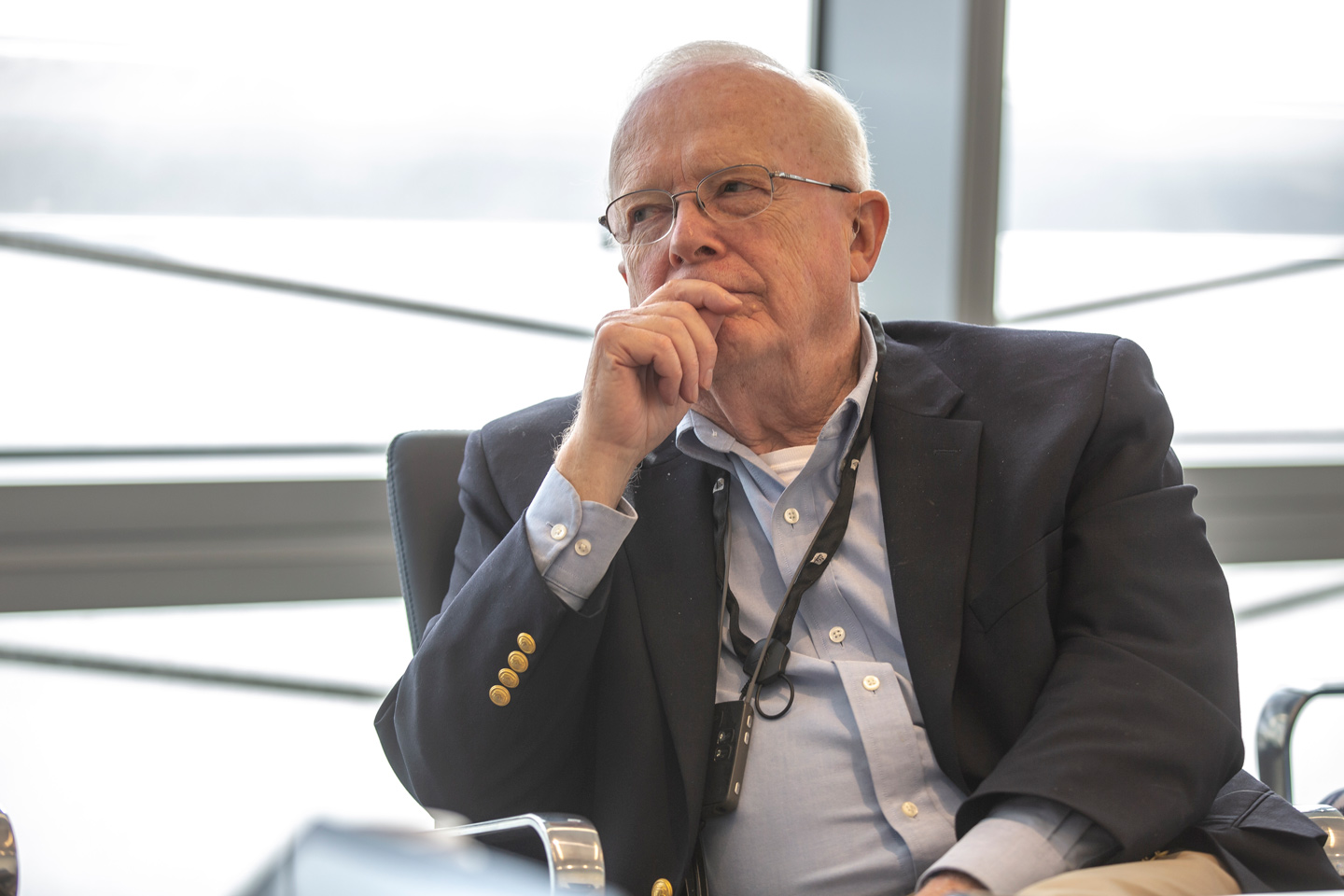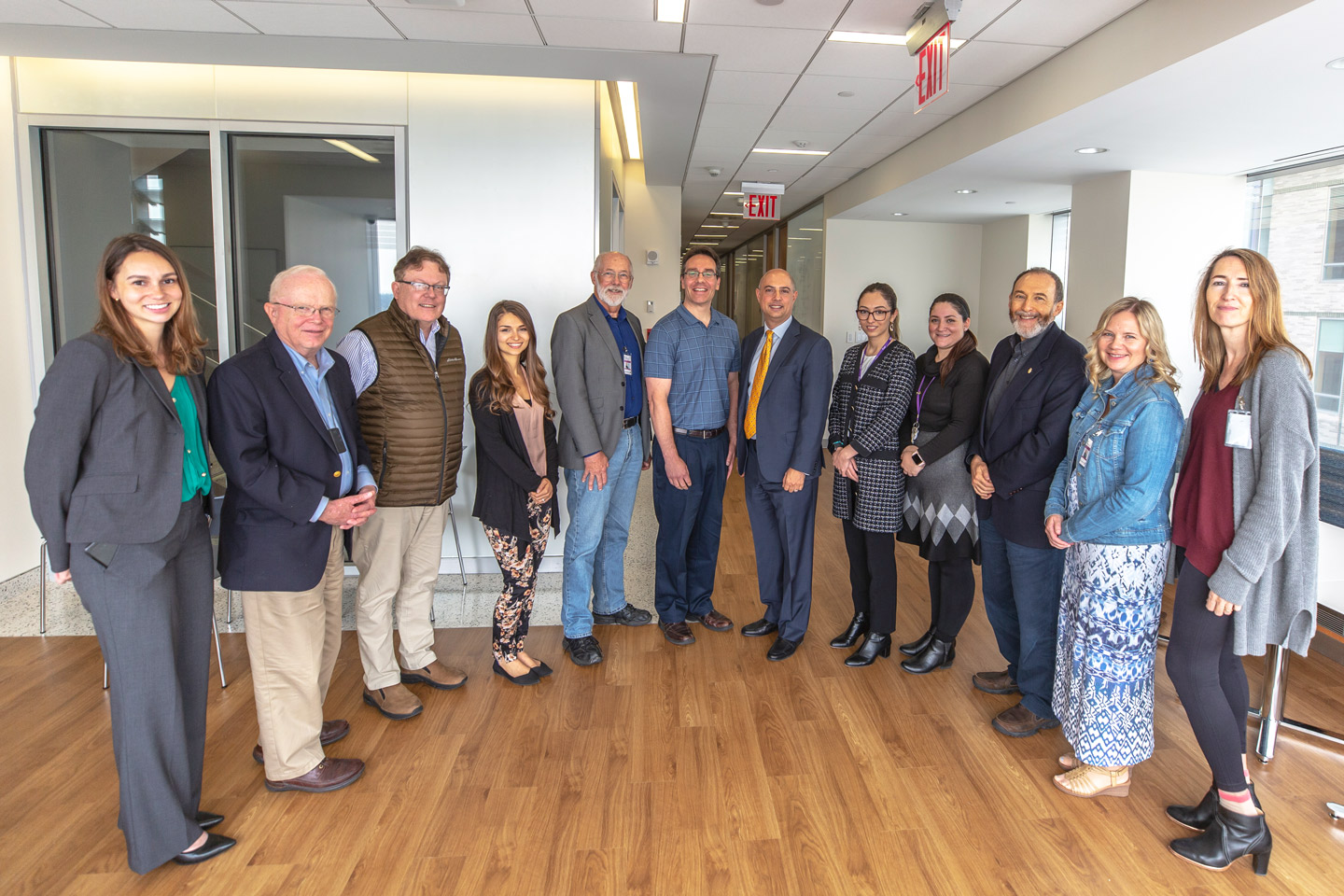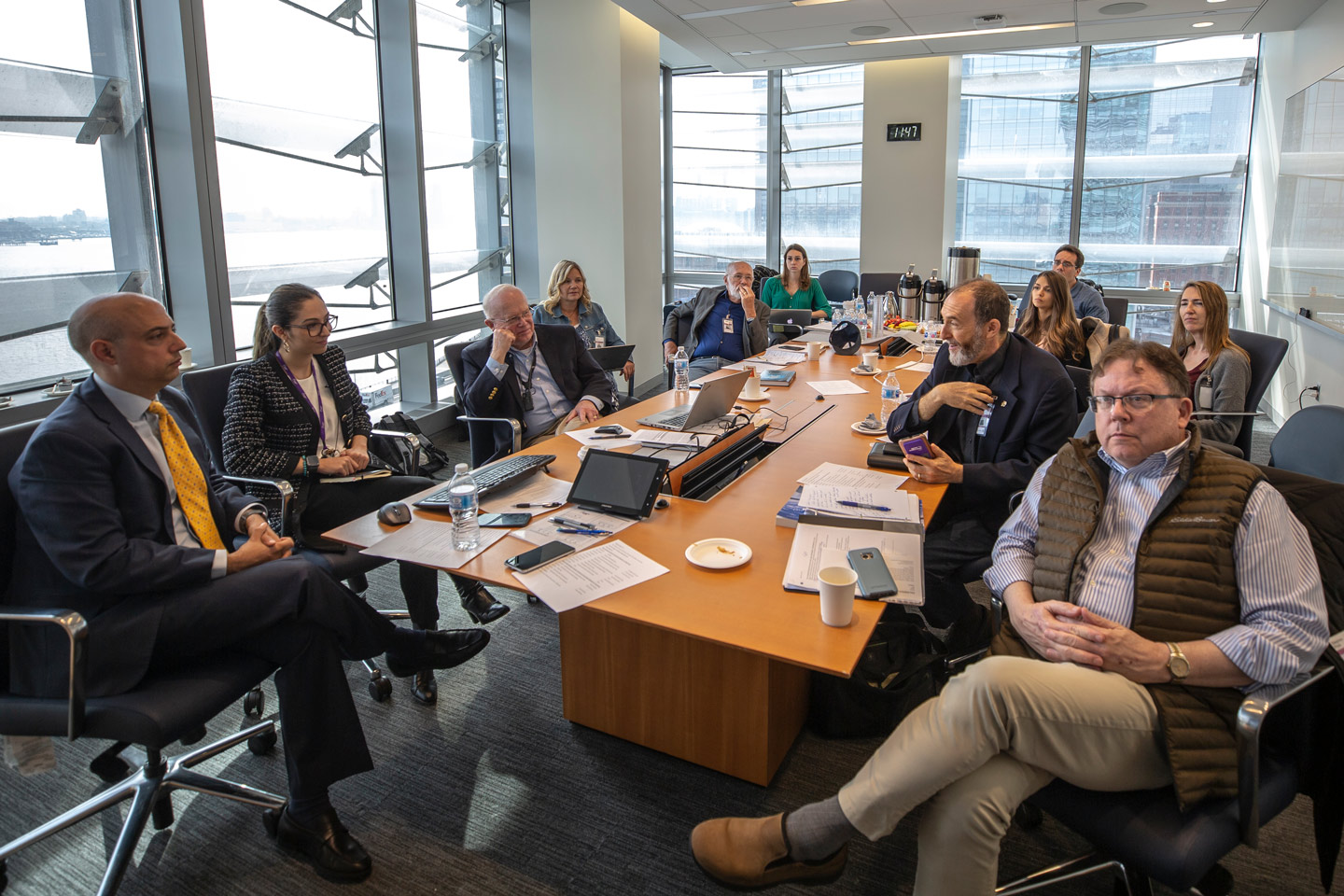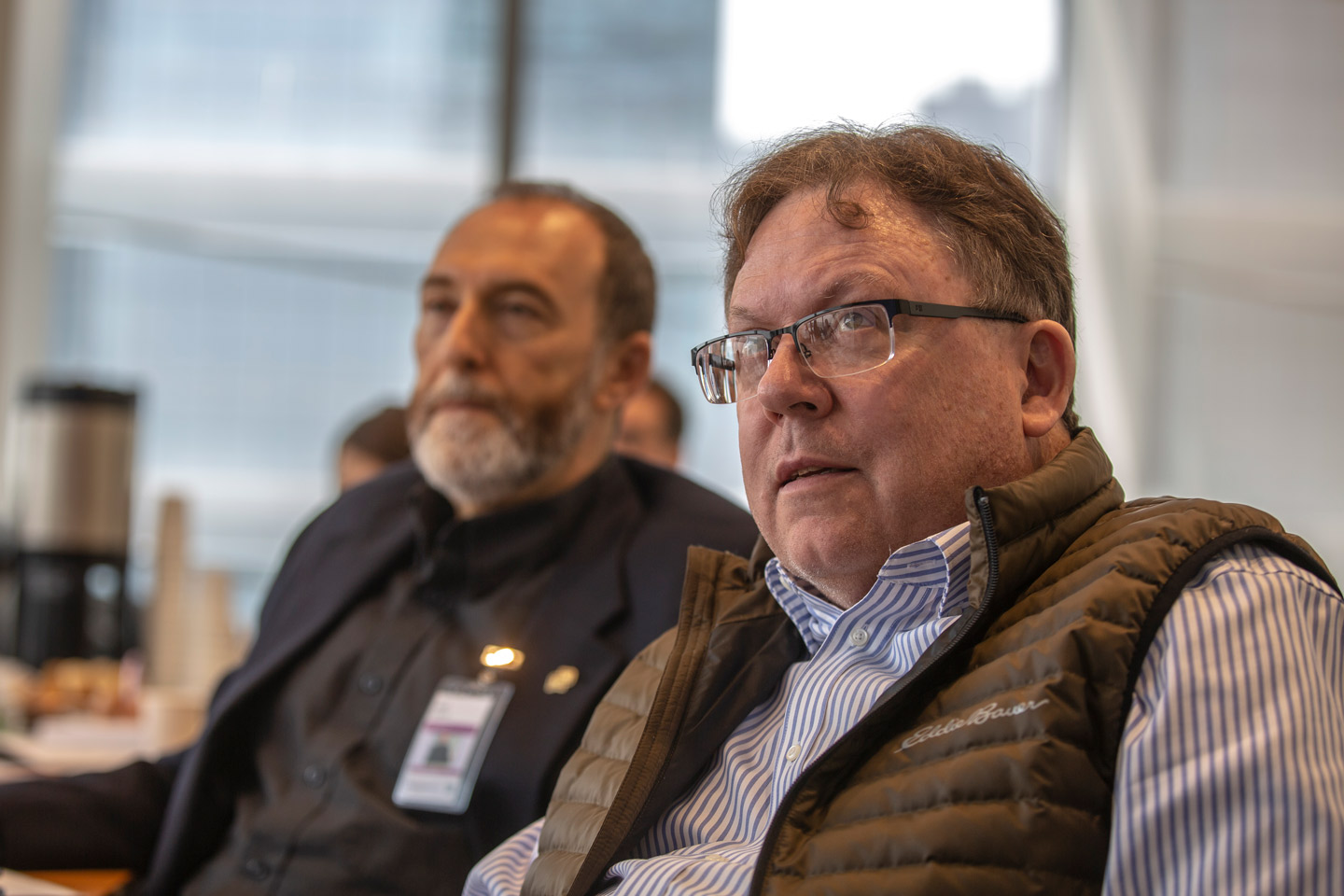
Parnia Lab Investigator Meeting
Due to advances in resuscitation medicine, many patients who had experienced a cardiac arrest (CA) have been successfully revived and recovered. Consequently, investigating survivors’ psychological outcomes has become a vital aspect of resuscitation research, as it will help improve their long-term wellbeing. A great number of CA survivors have reported positive psychological outcomes that are associated with their recall of unique cognitive experiences during their period of unconsciousness. These experiences include a recollection of memories, a perception of seeing deceased relatives, undergoing a life-review with a judgement of one’s actions towards others, seeing a bright light, and feelings of joy and peace. These cognitive experiences have been referred to as “Near-Death Experiences” (NDEs).
October 25, 2019 Investigator Meeting
The Critical Care and Resuscitation Research Program at NYU Langone is investigating and analyzing data of CA survivors’ experiences. Current analyses have led to the identification of more than 50 themes that describe the features of NDE phenomena, many of which have never been described.
Our team invited some of the world’s leading physicians and scientists to present the current Greyson NDE Scale, a scale that determines if a patient has experienced an NDE, and to introduce our findings of self-reported NDEs. We opened the meeting by discussing the future directions and some challenges of studying NDEs. The main purpose of this investigator-led meeting was to create a consensus statement to establish a new definition and criteria for identifying true Near-Death Experiences. The main topics of the meeting were:
- Evaluating current understanding of cardiac arrest
- Understanding CA’s association to the so-called NDEs
- Assessing positive long-term psychological outcomes of CA survivors
- Introducing the novel consistent features of NDEs
- Reviewing the history of NDE
- Reviewing the NDE scale creation and its use
- Identifying challenges in studying experiences of cardiac arrest survivors
- Identifying challenges of NDE research to date
- Developing a proposal for overcoming these challenges to advance our understanding of this positive transformative experience
This meeting led to the identification of the major challenges in studying NDEs. The main challenge is a lack of a proper definition for the term Near-Death Experience, which in and of itself has led to the improper use of the term in various contexts, for example, drug-induced experiences and experiences with no real proximity to death. Moreover, the generic terminology used in describing features of these experiences to date has led to an inaccurate use of the NDE scale. Other challenges are a low number of CA survivors that could be studied, survivor memory loss or fragmentation after recovering, and survivors incorporating their own personal interpretations when describing their experience.
Our meeting demonstrated the imperative need for creating a new definition and scale that will classify and identify true Near-Death Experiences. Additionally, the Critical Care and Resuscitation Program is consistently collecting and analyzing data to advance the accuracy of a scale that will identify cardiac arrest survivors who experienced perceived memories or experiences at the time of cardiac arrest. Further collaboration with some of the greatest experts in medicine and psychology are needed to create a valid and reliable definition and scale.



